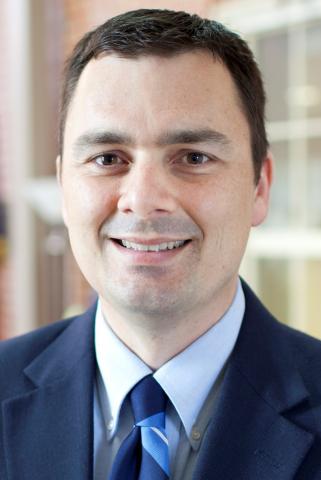The University as Community Partner
Published for Community Engagement Learning Exchange on March 12, 2015.
Over the last several decades there has been a civic engagement movement, of sorts, on college and university campuses across the country. Perhaps the most significant measure of the extent to which this movement has become a mainstream part of the discussion in higher education was the White House conference sponsored by the Department of Education and the American Association of Colleges and Universities held in January of 2012 to announce the release of a report entitled “A Crucible Moment: College Learning and Democracy’s Future.” As the title implies, the report argues that the long term health of American democracy depends on a higher education system with “civic learning and democratic engagement an expected part of every student’s college education.”
Since the purpose of this learning exchange is to have a conversation across sectors about both challenges and successes in civic engagement, I’d like to use this post to talk a little about what colleges seem to be able to do well in the civic engagement realm and where they tend to do less well. I also want to invite perspectives on this question from folks who are not in higher ed to tell those of us who are what we can do better.
What We Can Do Well
- Knowledge Matters. First and foremost, we are educational institutions with teaching and research as our primary missions. On our best days we are graduating students who become productive engaged citizens and are conducting research that serves the world in some way, whether it is a scientific breakthrough that provides us with cleaner energy or helps us understand the roots of social problems. We can offer courses to our students and to the community that help them understand how the political system works, why history matters, how a great book helps us understand the human condition, or why science has a public purpose. Knowledge matters in addressing the challenges that face communities and in a functioning democracy.
- Economic Contributions. Colleges and universities can and usually do operate as economic engines in communities as well. In recent years there has been much more attention to the university as an “anchor institution” in communities, harnessing the power of the institution to help create community wealth. North Carolina certainly has examples of this with the Research Triangle universities. In my own city of Winston-Salem, Wake Forest University and its medical center have become the biggest employers and a key driver of economic innovation and growth after many years of being dependent on the tobacco industry.
- Finally, while I think there are problems with how we use this asset in communities (see below), we shouldn’t overlook the fact that universities have a large number of idealistic young people willing and anxious to volunteer their time to address issues in their community.
- Knowledge Sharing/Co-creation. Universities are much better at telling communities what their problems are and how to solve them, than they are at asking communities what their challenges are and working together toward solutions. While there is increasing attention to the notion of community based research and what that means in terms of true partnerships, there is still a long way to go in this area.
- Sharing the Wealth. As anchor institutions, universities must ask themselves whether the wealth they are generating is improving the economic health of the whole community or simply further widening the wealth gap. Sitting next to these centers of innovation and economic growth are centers of poverty and need. Add to this the fact that most of our universities are in urban areas, doing little to address the economic challenges facing rural communities.
- Too often colleges and college students “use” communities for feel good projects that do little to address the most important challenges that communities face. Students who are unprepared to work together over the long term with community partners may do more harm than good and contribute to the “town-gown” divide that too often occurs with well-meaning but poorly planned civic engagement activities.
Public Officials - Local and State Government Roles
Topics - Local and State Government



